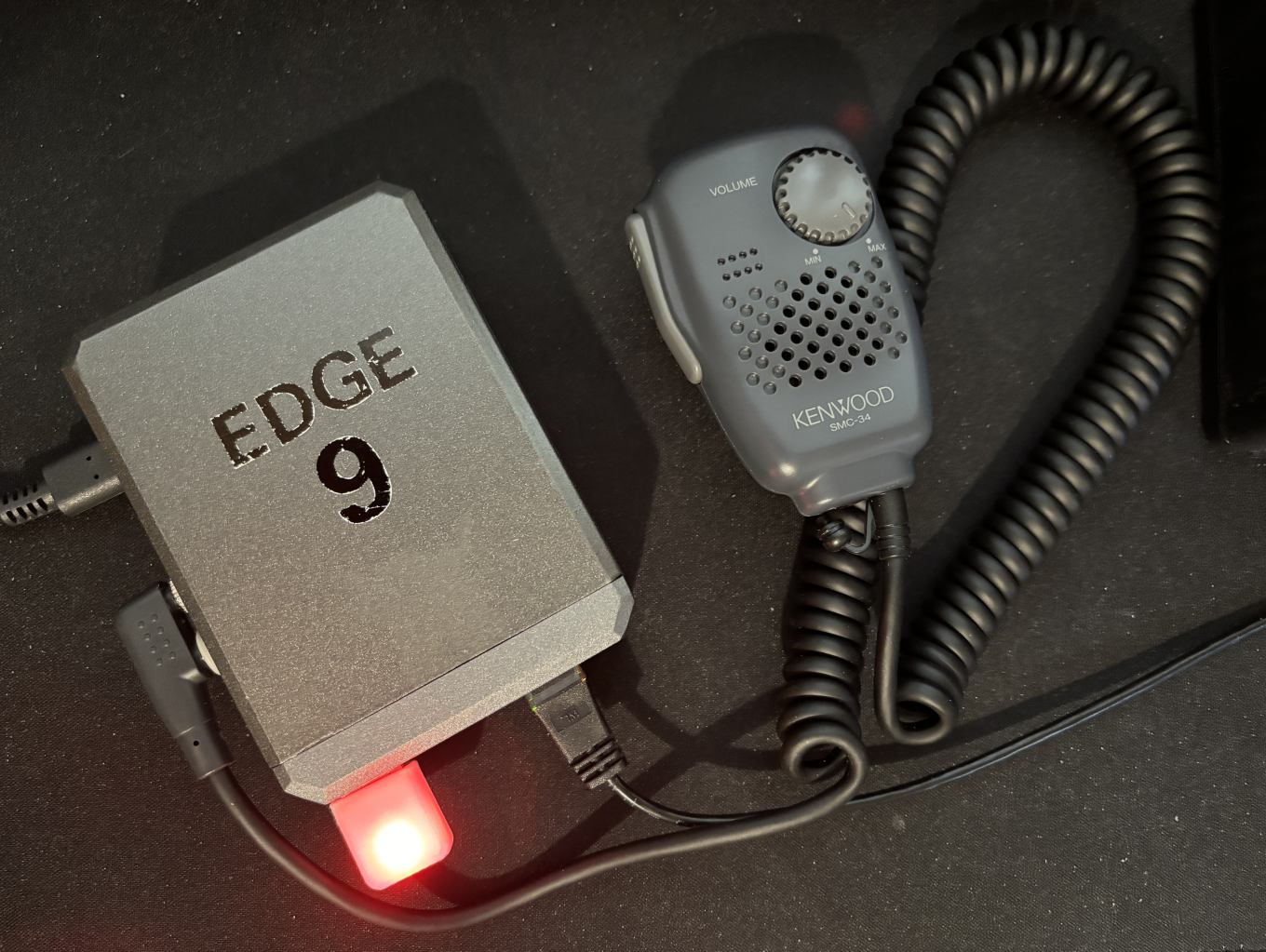External tree for buildroot to build RaspberryPi4 based secure push-to-talk (ptt) firmware image. Please note that this code is under development and does not offer product like implementation just yet.
This development release does not (yet) contain provisioning environment, which configures communication and One-Time-Pad keying of units. You need to have provisioning done before this image turns into working solution.
Please note that this repository is made for public reference and must be tailored for each use case separately. This repository acts as great example how embedded cross compilation with buildroot can be made to support very specific embedded Linux targets.
You can use this repository also for training purposes where your teams needs to figure out how this kind of technology and build system actually works. There are several interesting implementation decisions made and feel free to understand them fully.
You've been warned!
This is small (< 100 MB) firmware image for RaspberryPi 4, which will act like Secure PTT node for you. It will encrypt and decrypt OPUS encoded speech with One-Time-Pad to and from other similar nodes.
- Buildroot 'master' with Linux kernel 6.1.77
- USB audio support, tested with Jabra Evolve2 30 and various USB-C HF's
- Raspberry Pi Codec Zero audio and button supported
- Codec Zero can be wired to Kenwood SMC-34 monofone
Please note that this is embedded software 'firmware' and it's not based on any "raspberry pi distribution" as such. This implementation aligns to D.I.E model.
Node initialization happens with rpi4ptt-init script which creates all needed connection artifacts and uses (insecure) /dev/urandom as sample for key material.
mkdir ~/build-directory
cd ~/build-directory
git clone https://git.buildroot.net/buildroot
git clone https://github.com/resiliencetheatre/rpi4ptt
Current build uses master branch of buildroot. Build is tested with 8740387457f4dfccbd211ffaef1cae91db9f232d.
Modify rpi-firmware package file and change firmware version tag to
match kernel version (6.1.77) we're using.
# package/rpi-firmware/rpi-firmware.mk
RPI_FIRMWARE_VERSION = 7273369aded28c56937cda2ec8e305f86eaa1203
Disable hash check by deleting hash file:
cd ~/build-directory/buildroot
rm package/rpi-firmware/rpi-firmware.hash
After you're stable with kernel and firmware versions, re-create hash file.
Define external tree location to BR2_EXTERNAL variable:
export BR2_EXTERNAL=~/build-directory/rpi4ptt
Make rpi4ptt configuration (defconfig) and start building:
cd ~/build-directory/buildroot
make rpi4ptt_defconfig
make
After build is completed, you find image file for MicroSD card at:
~/build-directory/buildroot/output/images/sdcard.img
You can optionally patch iqaudio-codec.c driver to remove really anoying delay on audio opening. Download this patch and place it under buildroot/linux/ before build.
